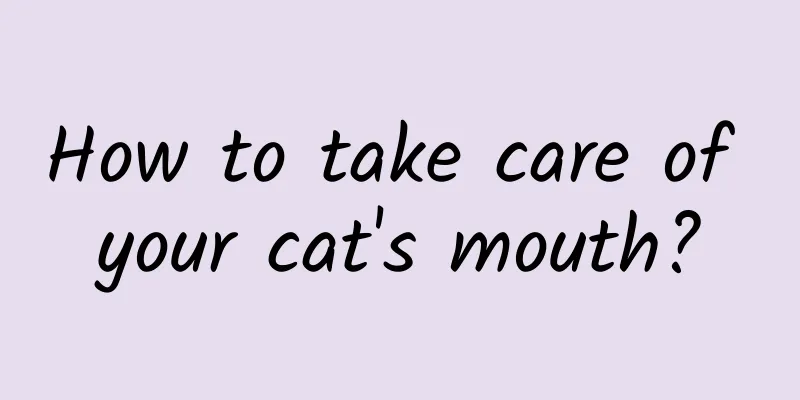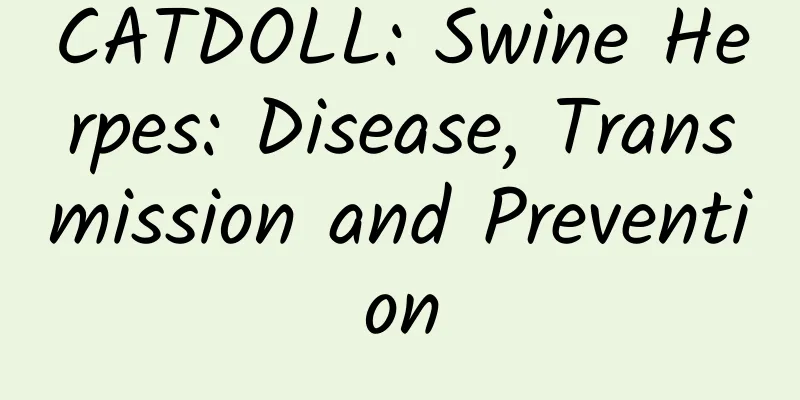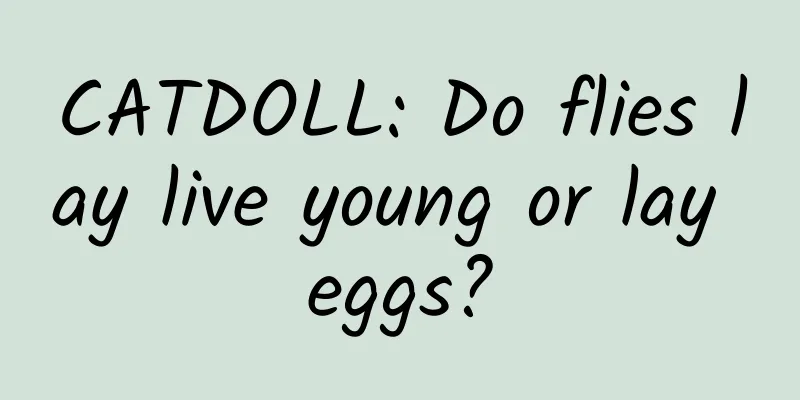CATDOLL : How to take care of your cat's mouth?

|
Cat oral care methods: 1. Teeth cleaning. It is best to go to a professional pet clinic to clean your cat's teeth once a year to thoroughly clean the calculus and dirt in the cat's gums. 2. Brushing teeth is the daily oral care for cats. Pet cat owners can brush their cats’ teeth regularly and train them to brush their teeth by themselves. Brushing teeth 3-4 times a week can completely clean the dirt in the cat’s mouth and keep the cat’s oral health and hygiene. 3. Food: In daily life, owners should try to give cats less sticky food and choose more dry food. Dry food will not stick to the cat's teeth like sticky food, and dry food also has the effect of protecting teeth to a certain extent. 4. Toys, to care for the cat's oral cavity, you can buy some teeth grinding toys and give them to your cat to play with during leisure time or after meals. This can not only entertain your pet cat, but also maintain the cat's oral health. Cat oral problems include the following: 1. Tartar and bad breath. Cats are prone to the formation of tartar on their teeth, and the process is very similar to that of humans. The formation of dental plaque comes from bacteria, saliva and food residues, and finally forms tartar through the mineralization process. Unless it is cleaned regularly, there will be serious accumulation of tartar and bad breath. Too much tartar will cause gingivitis. 2. Gum ulcers and broken teeth. Gum ulcers are also called "isthmus lesions" (meaning that the disease occurs at the site where the teeth and gums come into contact). Ulcers usually appear on the gum line of young cats, which then destroy the entire tooth tissue. When the teeth are damaged, they are prone to fracture. In addition, when the ulcers spread to the root of the tooth, it can also cause root abscesses. 3. Stomatitis. It is a rare but serious dental disease, because platelet allergy will stimulate the cat's immune system to attack its own gum tissue, causing teeth damage; during treatment, steroid drugs can be given, teeth can be cleaned at least once every three months, and daily dental care can be done to improve the condition. To completely cure it, all damaged teeth must be removed. 4. Other dental diseases. Decayed teeth will cause significant local reactions, such as pain, swelling, and severe bad breath. Tooth decay can lead to systemic reactions, such as fever, progressive weight loss, coarsening of hair, loss of appetite, etc. Diseased teeth will also cause many indirect negative reactions in other parts of the body, especially the heart and kidneys. |
<<: Why do kittens like to arch their backs?
>>: What to do if your cat gets carsick
Recommend
CATDOLL: How to raise cattle scientifically in large-scale beef cattle farms to improve the benefits of beef cattle breeding
introduction Cattle breeding is one of the import...
CATDOLL: Do flies lay live young or lay eggs?
1. Are flies viviparous or oviparous? Everyone is...
CATDOLL: The price difference between imported and domestic sea cucumbers is so big. Are domestic ones really better? Are foreign varieties inferior in quality to Liao sea cucumbers?
I suggest you buy imported sea cucumbers. Conside...
CATDOLL: What should I do if I am allergic to cicadas? Why do I have allergies to cicadas?
1. What should I do if I am allergic to cicadas? ...
CATDOLL: What is the reason for the death of small fishes?
1. What is the reason for the death of small fish...
CATDOLL: Understand the nutritional value and usage of complete feed for sows
Sow complete feed is a feed that provides compreh...
CATDOLL: Is it fishing season? Can I catch bloodworms if I have a fishing license?
1. Fishing season? Fishing is available in the no...
Identification and diagnosis of pig colds: a guide to essential knowledge for pig farmers
In the pig farming industry, the health of pigs d...
CATDOLL: What foreign meat goose breeds are suitable for gosling production?
American goose. Emden geese (Emdben) are large, f...
CATDOLL: Why won't my crab claws bloom? They're starting to bloom, but they're drying up in a few days! Can any experts give me some advice? Thanks.
1. Why won't my crab claws bloom? They are bu...
CATDOLL: Feed Sales Tips: How to Run a Feed Business Efficiently
With the rapid development of animal husbandry, f...
What are the food taboos of Norwegian Forest Cats?
Norwegian Forest Cats have many food taboos. They...
CATDOLL: Construction of locust breeding greenhouse (video of locust breeding greenhouse construction)
1. How to build a locust breeding shed? Before bu...
CATDOLL: Is the profit of Golden Cicada breeding high? (Is the profit of Golden Cicada breeding high? Zhihu)
1. What are the costs and profits of cicada pupa ...
CATDOLL: Can termites be kept as pets?
Termites can be artificially bred Due to the spec...









